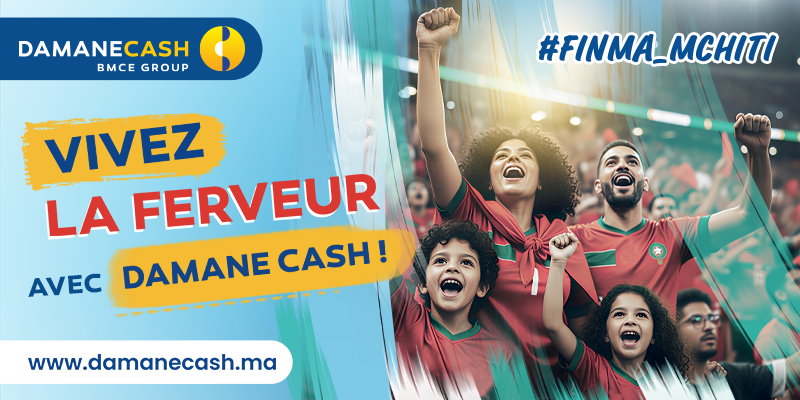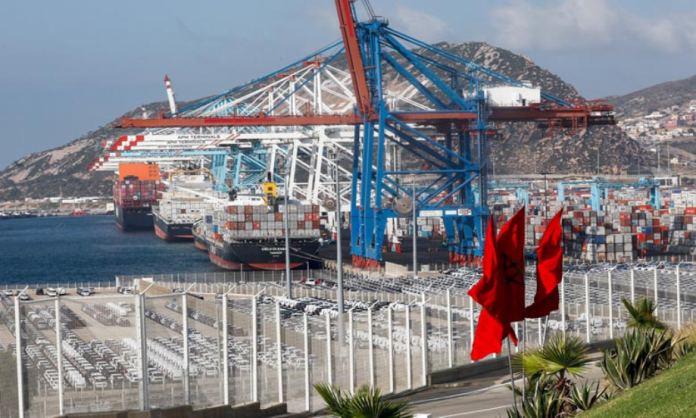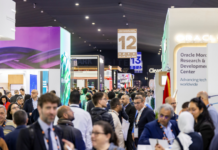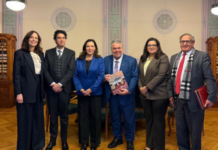With favorable economic prospects on the horizon, Morocco is positioning itself to strengthen its role as a regional hub for foreign direct investment (FDI) in Africa. A series of ongoing reforms, coupled with a competitive business environment, underlines the Kingdom’s ambition to solidify its status as one of the most attractive destinations for international capital. The year 2025 is shaping up to be pivotal, marking a new milestone in Morocco’s strategic and economic development journey.
At the heart of Morocco’s ambitions lies a bold objective: to double its GDP by 2035. Achieving this requires a transformation in the country’s investment model. Presently, public investment accounts for two-thirds of total investment, with private investment lagging at one-third. By 2030, the government aims to reverse this ratio, giving a leading role to the private sector while public investment will focus on key sectors such as food security, energy, and healthcare.
Morocco is also investing in global-scale projects, particularly with preparations underway for the 2030 FIFA World Cup, which it will co-host. The tourism sector, renewable energy initiatives, desalination projects, and the burgeoning electric vehicle industry are expected to open up new opportunities for foreign investors.
A cornerstone of this strategy is the New Investment Charter, which offers incentives to attract and secure investments from both domestic and international stakeholders. This framework aims to accelerate private investment by improving access to financing and promoting projects in critical industries such as manufacturing, agriculture, energy, and infrastructure development.
To support these ambitions, Morocco leverages world-class infrastructure. The Tanger Med port, a vital logistics hub, along with integrated industrial zones, offers a highly efficient environment for businesses. Furthermore, the ongoing development of Nador and Dakhla Atlantique ports will enhance the country’s export and commercial capabilities. Another key factor is the availability of a skilled workforce in essential sectors, an asset highly valued by international investors.
The Kingdom’s commitment to enhancing its economic appeal is already yielding results. After a challenging 2023, FDI inflows surged in 2024, reflecting renewed investor confidence. Net FDI surpassed 17.23 billion dirhams (approximately $1.7 billion), marking a 55.4% increase compared to the previous year. This impressive growth showcases the effectiveness of Morocco’s strategic efforts to attract global capital.
Improved global economic conditions have also played a role. In 2024, inflation rates normalized, and monetary policies became more flexible, easing access to financing. These changes helped rejuvenate investment flows into Morocco. However, the Kingdom is not without challenges. To maintain this momentum, it must address key priorities, including reducing the size of the informal economy, enhancing competitiveness, and continuing with structural reforms.
As Morocco builds on this momentum, it is poised to become a major player on the African investment stage. Its blend of strategic vision, infrastructure development, and investor-friendly policies is laying the groundwork for long-term economic growth. The years ahead will be critical as the country pushes forward with reforms to ensure its place among the continent’s leading economic powerhouses.





